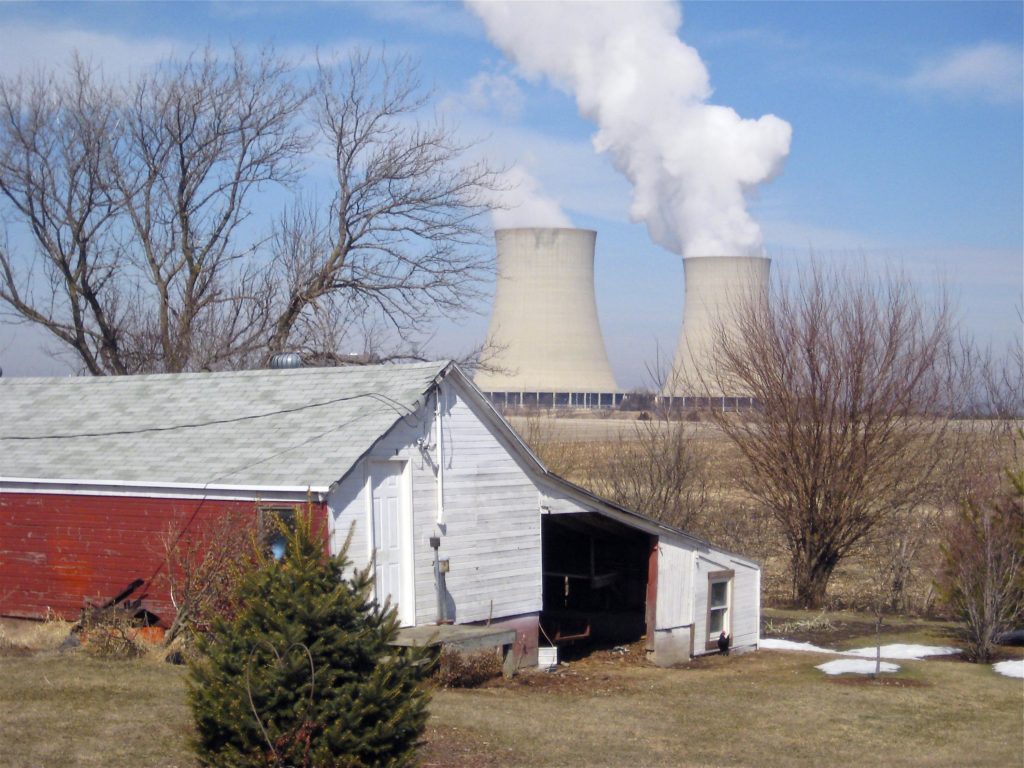
CHICAGO (AP) — A massive energy policy overhaul aimed at making Illinois a fully renewable-energy state by 2050 cleared the Senate early Wednesday despite objections from Gov. J.B. Pritzker and groups who want more environmental and consumer protections.
Negotiations have been ongoing for years on the deal that includes a generous bailout for nuclear plants, closing coal-fired plants, investments in wind and solar energy and ethics measures in the wake of a utility scandal. Previous attempts have hit snags, including earlier this summer when unions and environmental groups clashed.
“This plan would make Illinois a national leader in fighting climate change,” Sen. Bill Cunningham, a Chicago Democrat said in a statement after the one-day session where the Democrat-majority Legislature also approved legislative maps.
However, the latest energy proposal faces an uncertain future as the House adjourned hours earlier without considering it and hasn’t set a date to return. Any House changes would have to go back to the Senate for approval.
“The governor’s office looks forward to working with members of the House to finalize an energy package that puts consumers and climate first,” Pritzker’s spokeswoman Jordan Abudayyeh said in a statement.
Lawmakers face increasing pressure to get something done because Exelon, parent of Illinois’ largest electric utility ComEd, has said that without help from the state, it’ll start shutting down two nuclear plants within weeks.
Union and business groups have expressed concerns about the loss of jobs and the reliability of the electric grid while some consumers groups worry about rate hikes. Meanwhile, environmentalists say Illinois, which relies heavily on nuclear energy and has more reactors than any other state, needs to do more to cut pollution.
“We are out of time to say that we’ll solve this problem of our state’s biggest polluter later,” Juliana Pino of the the Little Village Environmental Justice Organization said during a Tuesday evening Senate committee hearing. “Our climate doesn’t have time and the families of those affected by the plant’s pollution don’t have time.”
The latest plan keeps many ideas from previous discussions.
It includes roughly $700 million in state subsidies to bail out three nuclear plants, provisions aimed at expanding renewable energy sources like solar and wind and more ethics and accountability measures. That includes an investigation of how rates were used in connection with a ComEd bribery scandal that led to charges against multiple people and implicated former House Speaker Michael Madigan.
The legislation would phase out coal-fired plants by 2045, including Prairie State Generating Station in southern Illinois, the top source of carbon pollution in the state. It also sets goals for the state on expanding the use of electric vehicles and incentives for energy efficiency in homes.
Utility rates would increase under the plan with average residential customers paying roughly $3.50 more each month.
By SOPHIA TAREEN for the Associated Press
